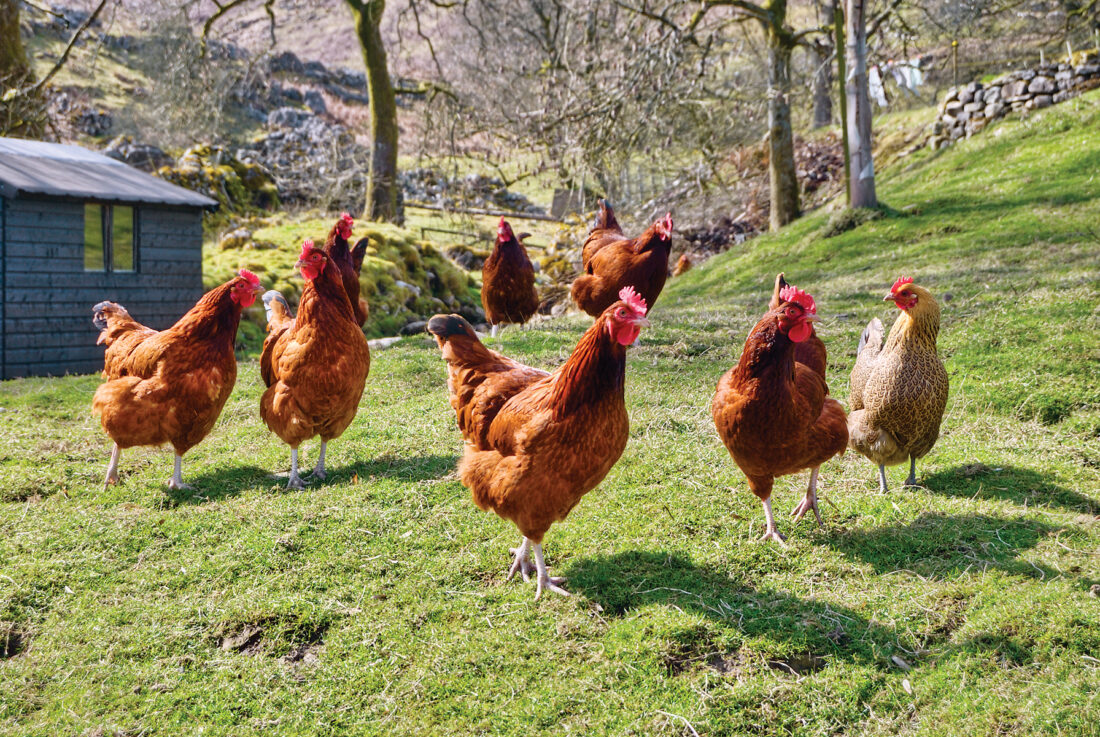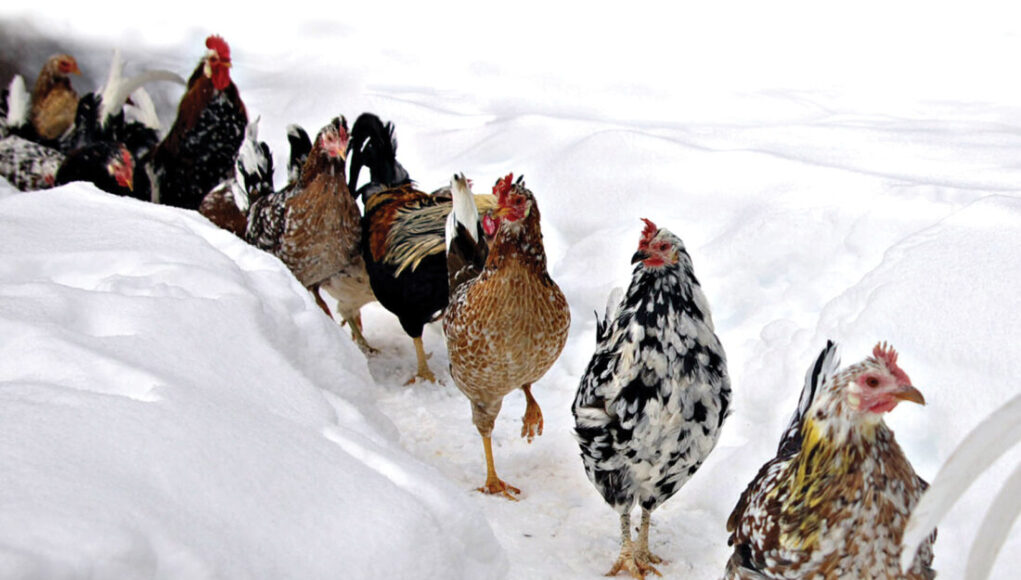Choosing the best breed of rooster for your flock can be an exciting yet challenging decision. With numerous breeds of chickens available, each boasting its own unique qualities, it becomes crucial to pick a breed that aligns with your specific needs and goals. This article will help you navigate through the process, providing insights into various breeds and what makes a rooster stand out.

The Importance of Selecting The Right Rooster Breed
Roosters play a pivotal role in a flock’s dynamics. They not only fertilize eggs, promoting flock expansion, but they also provide protection and establish a social hierarchy. Selecting the right breed of rooster can ultimately impact the productivity and harmony of your flock.
Key Traits to Look For In a Rooster
When determining which breed of chicken makes the best rooster, here are the key traits to consider:
- Temperament: A good rooster must be bold enough to protect the flock, yet calm around its owner.
- Size: Larger breeds offer more protection but might require more space and feed.
- Vocality: Some roosters are crow more often than others, consider this based on your environment.
- Appearance: While not a performance trait, the coloration and build might influence your choice.

Top Breeds That Make the Best Roosters
1. Rhode Island Red
Rhode Island Reds are lauded for their hardiness, robust nature, and adaptability. They are a dual-purpose breed, excellent in both egg production and meat quality. Rhode Island Red roosters are known for their strong yet manageable disposition, making them a top contender.
2. Orpington
Orpington roosters, with their gentle and friendly demeanor, are perfect for households with children or smaller flocks. They are excellent layers and also produce a decent amount of meat. The Orpington breed is often recommended for beginners due to their placid nature.
3. Leghorn
The Leghorn rooster is known for its energy and amazing egg-laying capacity. They are generally lighter in weight and very active, making them excellent for free-ranging setups. Leghorns require less feed and are highly valued by those primarily seeking egg production. Learn more about different chicken breeds.
4. Sussex
Sussex roosters are a dual-purpose breed known for their calm and friendly nature. They are good with families and can adapt to different environments easily. Sussex roosters are also efficient foragers and add a balance of egg laying and meat production to any flock.
5. Brahma
The Brahma breed is known for its large size and reliable nature. These giant roosters are gentle giants, providing both meat and a good number of eggs. Due to their size, they can offer a good degree of protection to their flock.

Specialty Breeds for Unique Needs
Depending on unique requirements, there are specialty breeds that might stand out:
1. Silkie
The Silkie breed is known for its unique, fluffy appearance and friendly demeanor. Though relatively smaller, they are excellent for families and are especially good with children. Silkies are also frequently used for ornamental purposes.
2. Australorp
A dual-purpose breed, the Australorp is known for its egg-laying capabilities and calm nature. Australorp roosters are generally friendly and good with confined spaces, making them ideal for smaller setups.
3. Wyandotte
Wyandotte roosters have a balanced temperament and are both visually appealing and efficient. They are known for their reliability in both egg production and meat quality. Their calm nature makes them easily manageable.
FAQs
What makes a good rooster?
A good rooster should have a balance of protective instincts, a manageable temperament, and either good egg-laying traits in its offspring or meat quality. Size, appearance, and vocality are additional factors to consider.
Can a rooster be too aggressive?
Yes, sometimes a rooster can exhibit overly aggressive behavior, which can be detrimental to the flock’s harmony. It’s crucial to select a breed known for a balanced and manageable temperament.
Which breed is best for beginners?
Orpingtons and Australorps are often recommended for beginners due to their friendly and calm nature. They adapt well to different environments and are easily manageable.
For further reading, check out Chicken breeds, egg-laying, and smallest breeds.
As an Amazon Associate, I earn from qualifying purchases.









